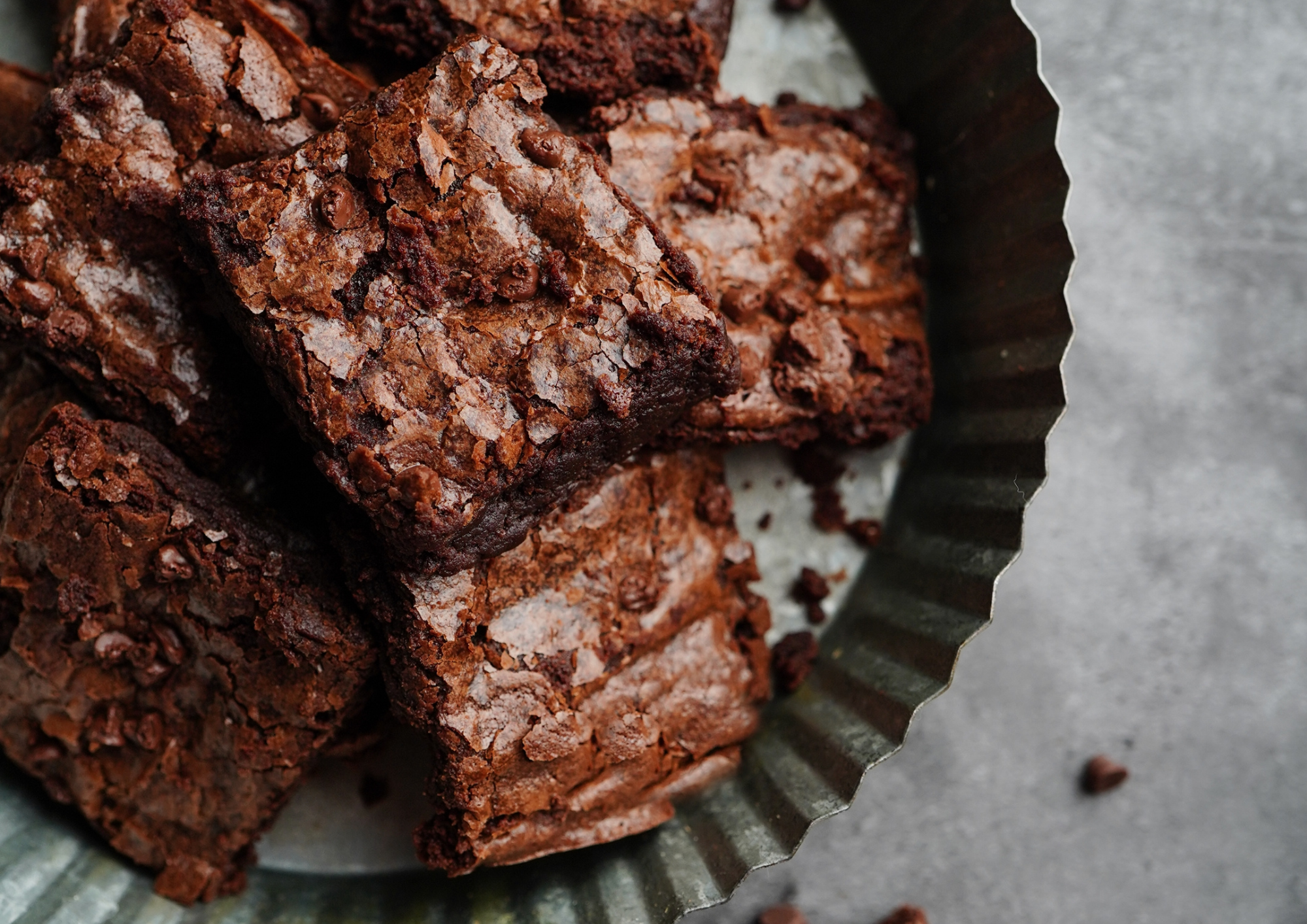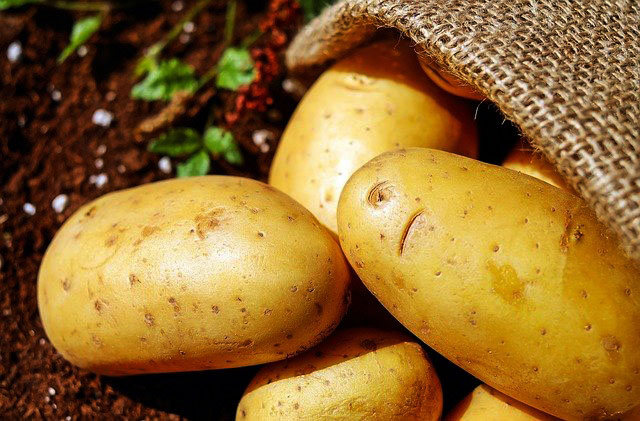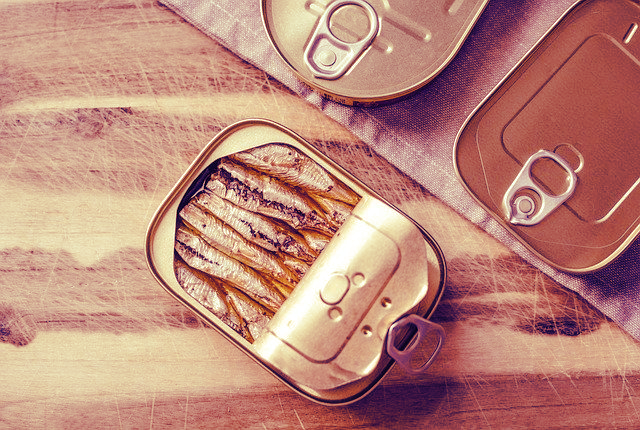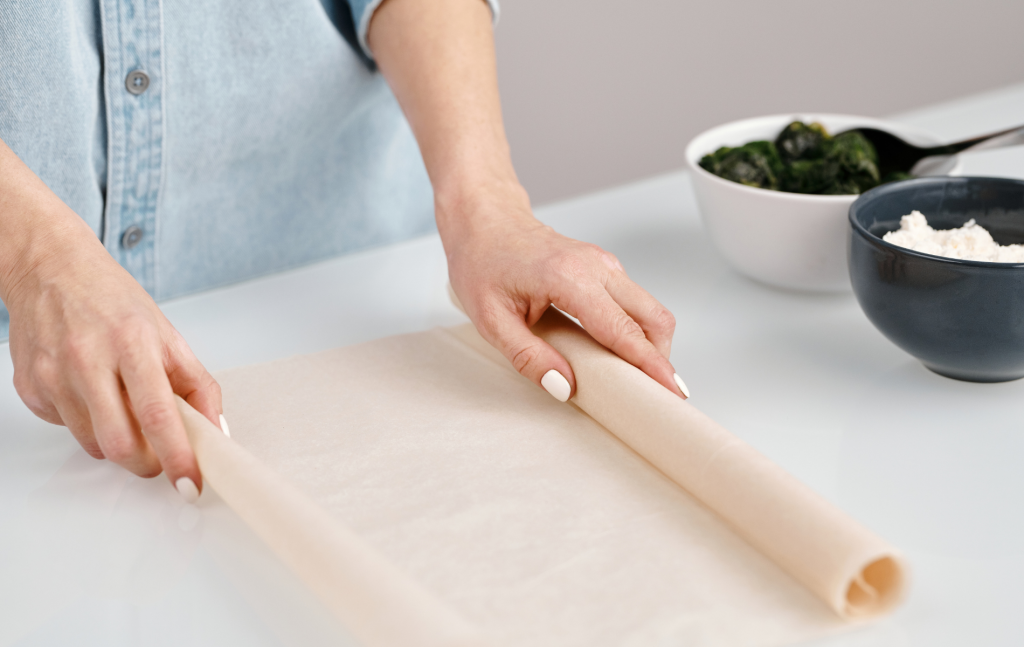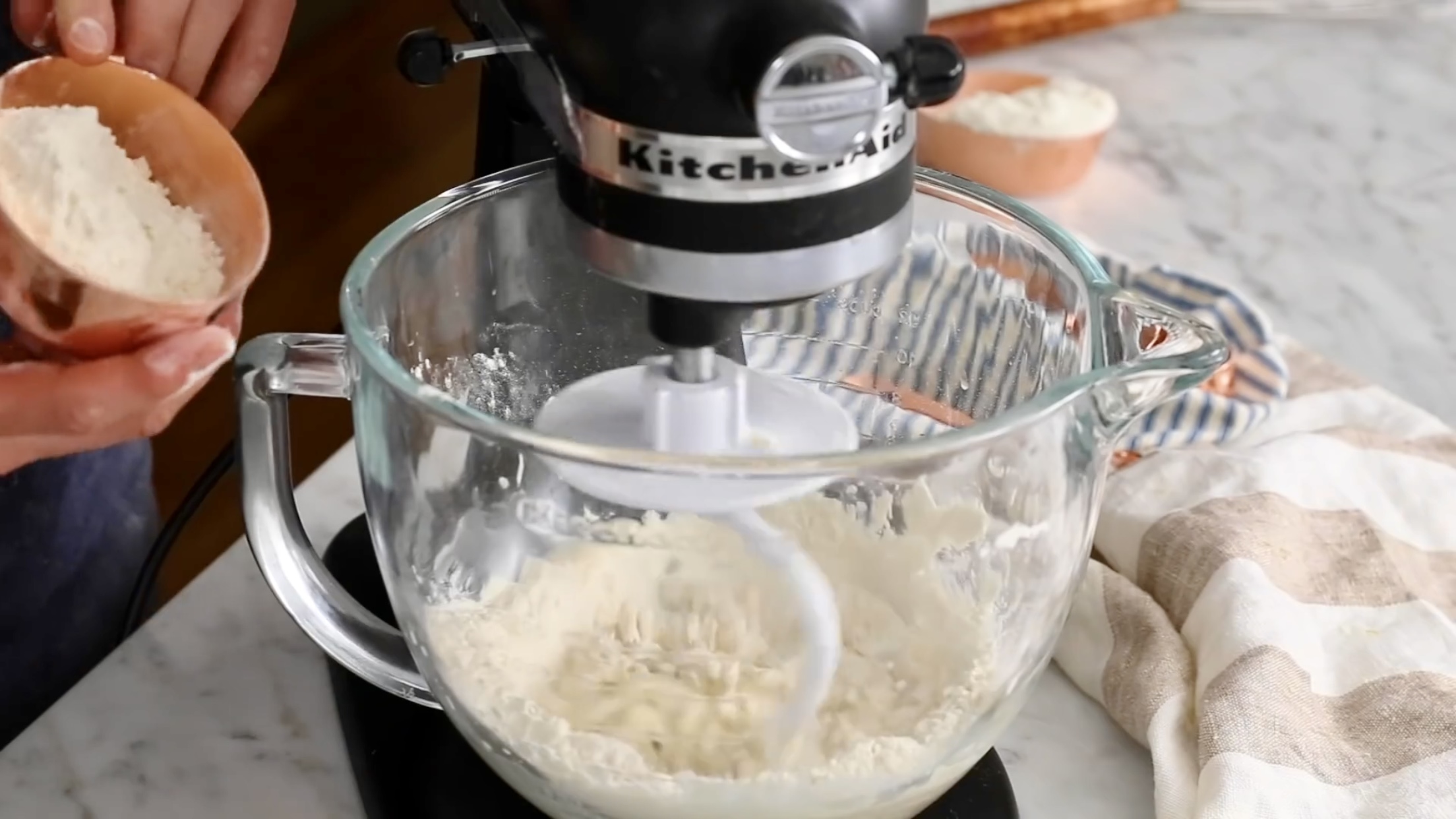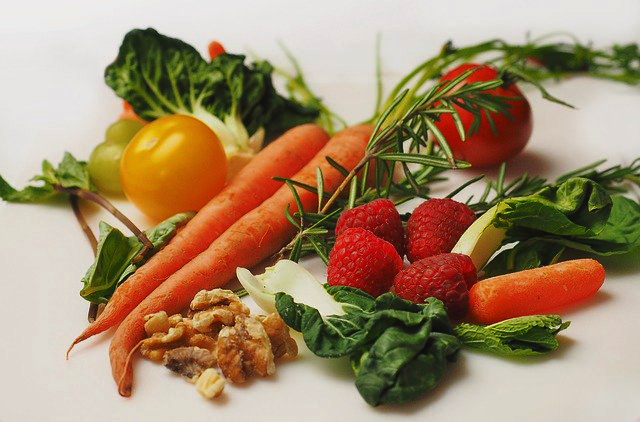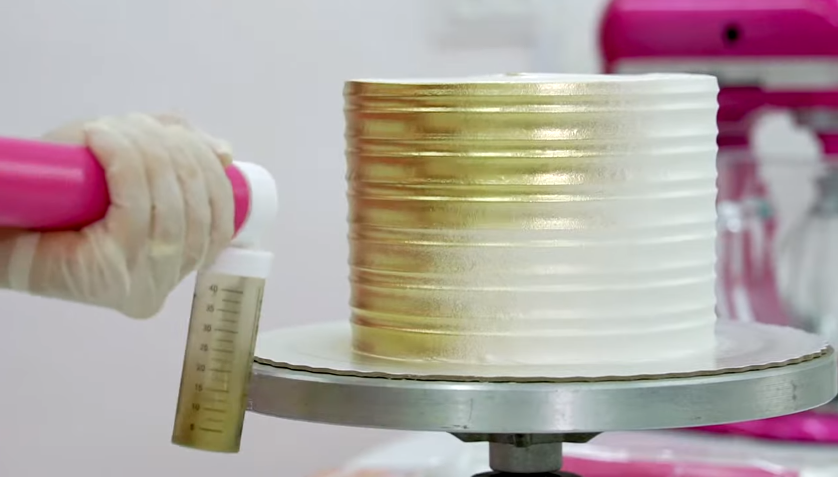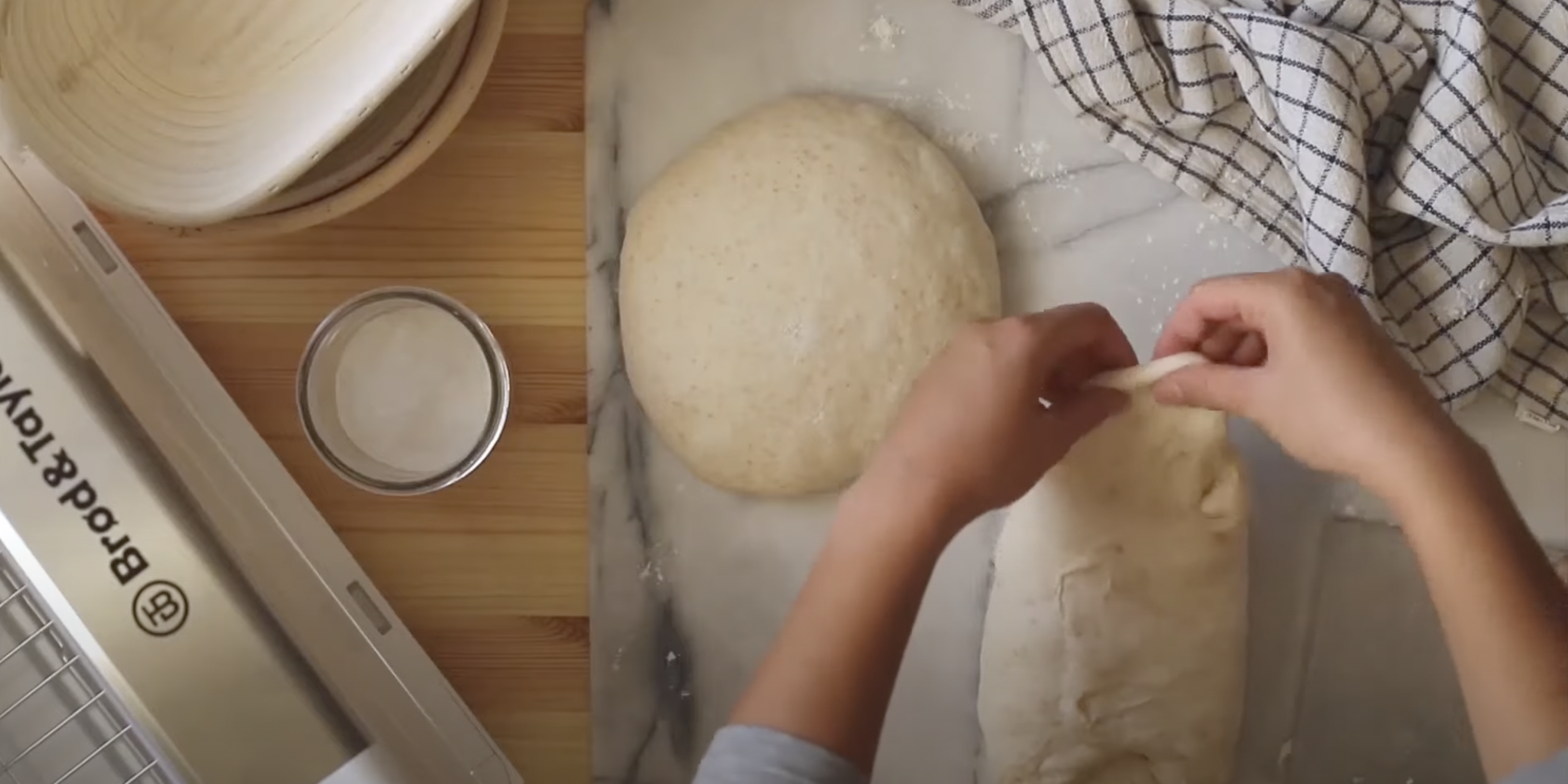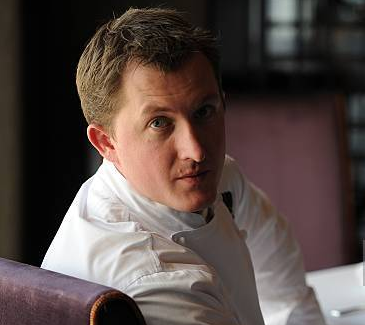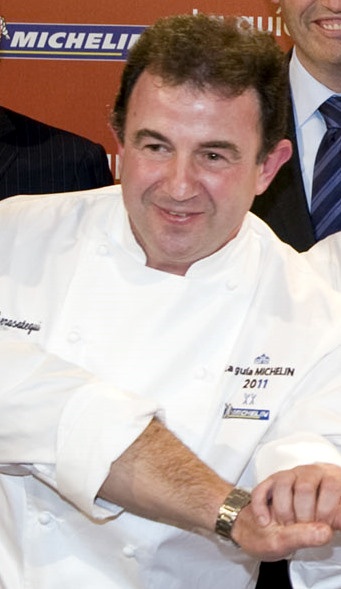A funny question to ask, isn't it: Which came first, the powdered egg white or the real egg?
Of course you can use real eggs. It is disturbing that we are becoming so reliant on processed and manipulated foods - and so fearful - that recipe writers specify substitutes for natural foods in situations that are perfectly safe. In the exceptionally rare case that an egg is contaminated with salmonella bacteria, heating it to 160°F (71°C) destroys the bacteria. We can't imagine a cookie recipe that doesn't get the cookie above that temperature, (except refrigerator cookies, and no one admits to making them these days, anyway). So why would your recipe call for powdered egg?
The only possible excuse for the recipe writer to specify powdered egg white is that he is afraid you will wantonly use extra-small eggs or jumbo eggs in the recipe instead of the large eggs that are the de facto standard in essentially all recipes, and in doing so, you'll throw off the balance of ingredients.
When you use powdered egg whites in a recipe, you generally mix 2 teaspoons of powder with 2 tablespoons of water for each white. So going in the other direction, if you want to use fresh egg whites, decrease the amount of water in the recipe by 2 tablespoons for every fresh egg white you add.
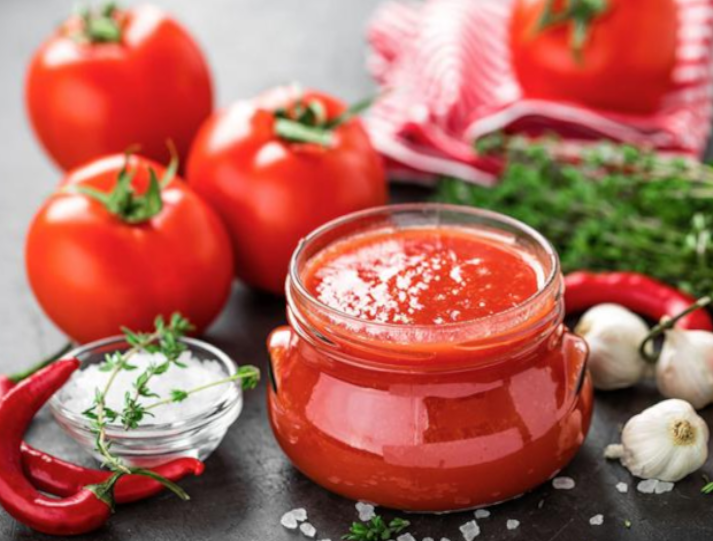
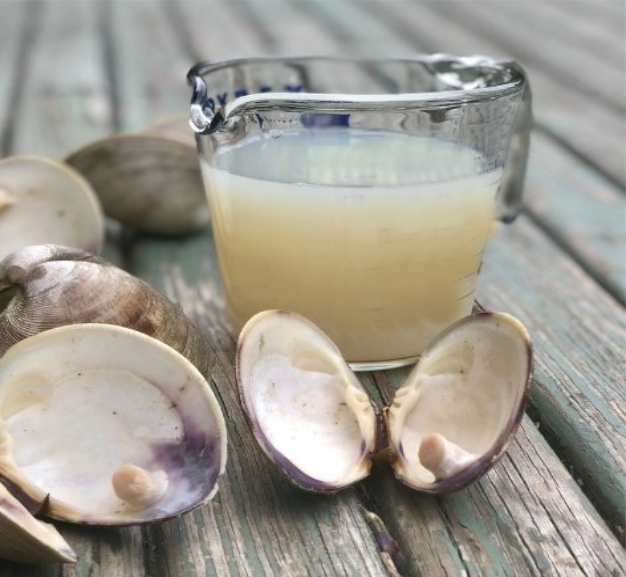
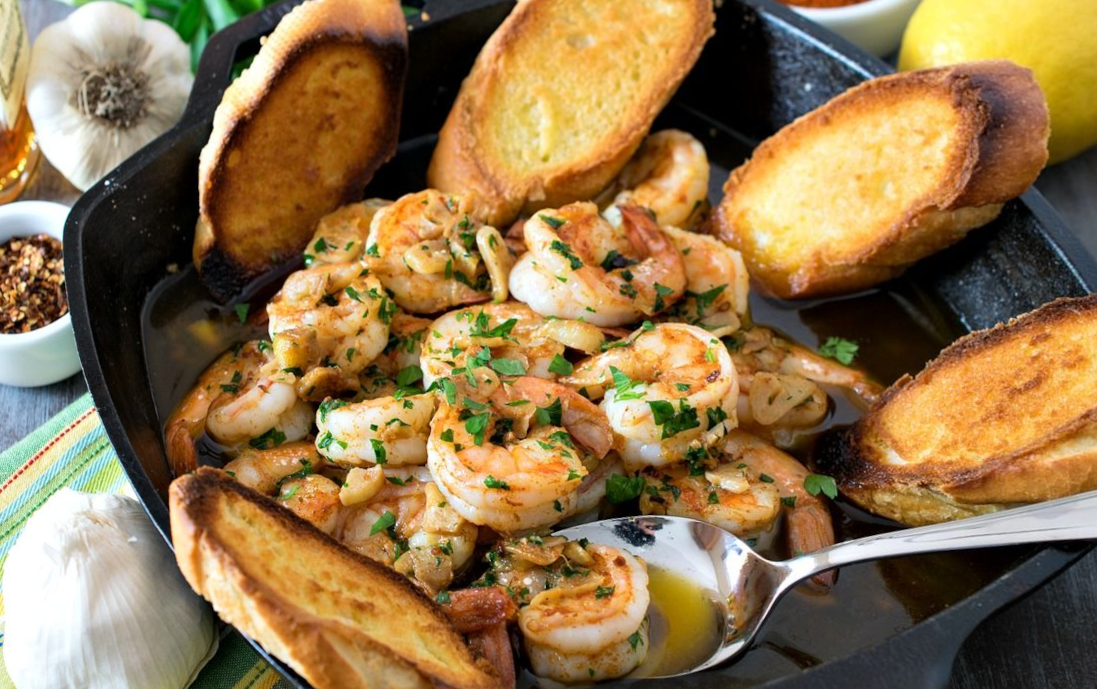

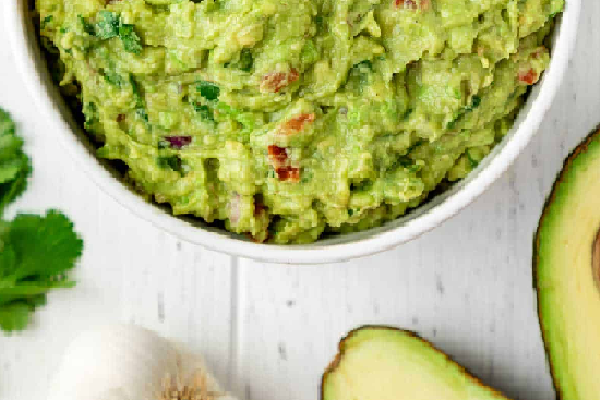
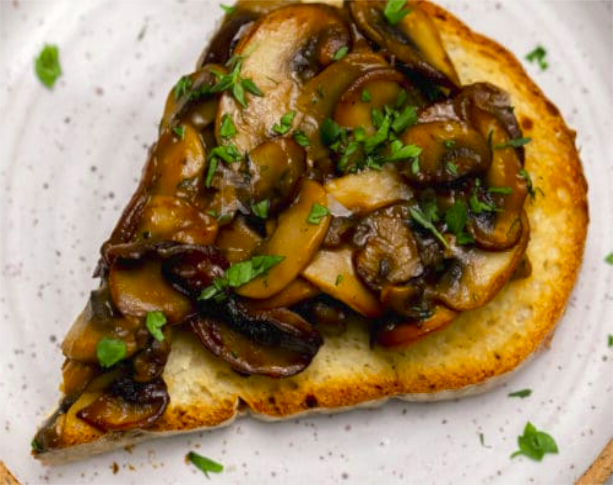
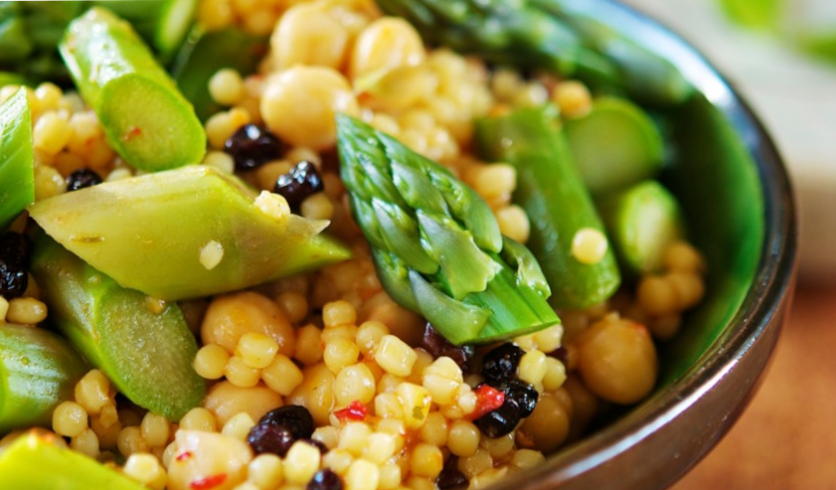
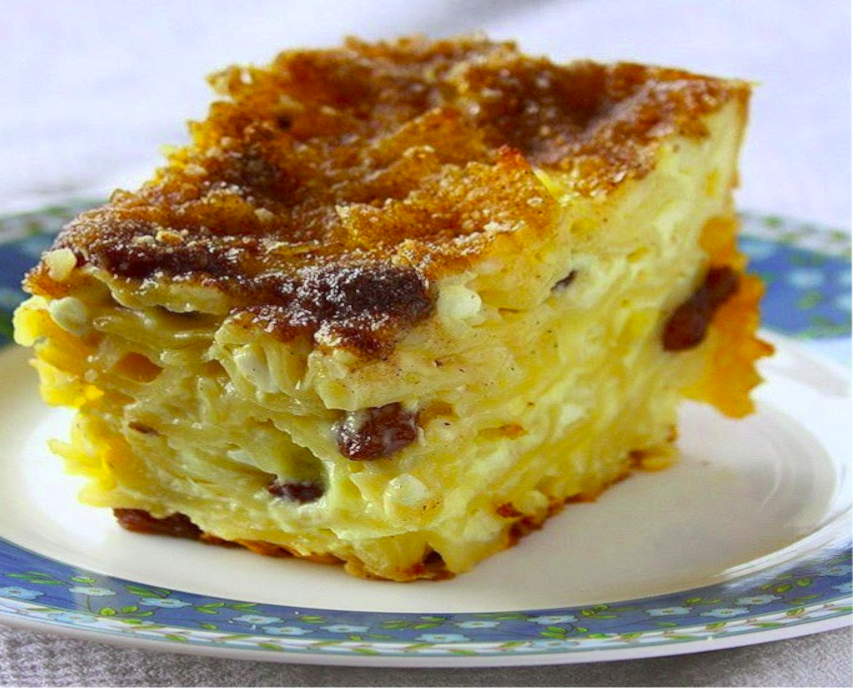
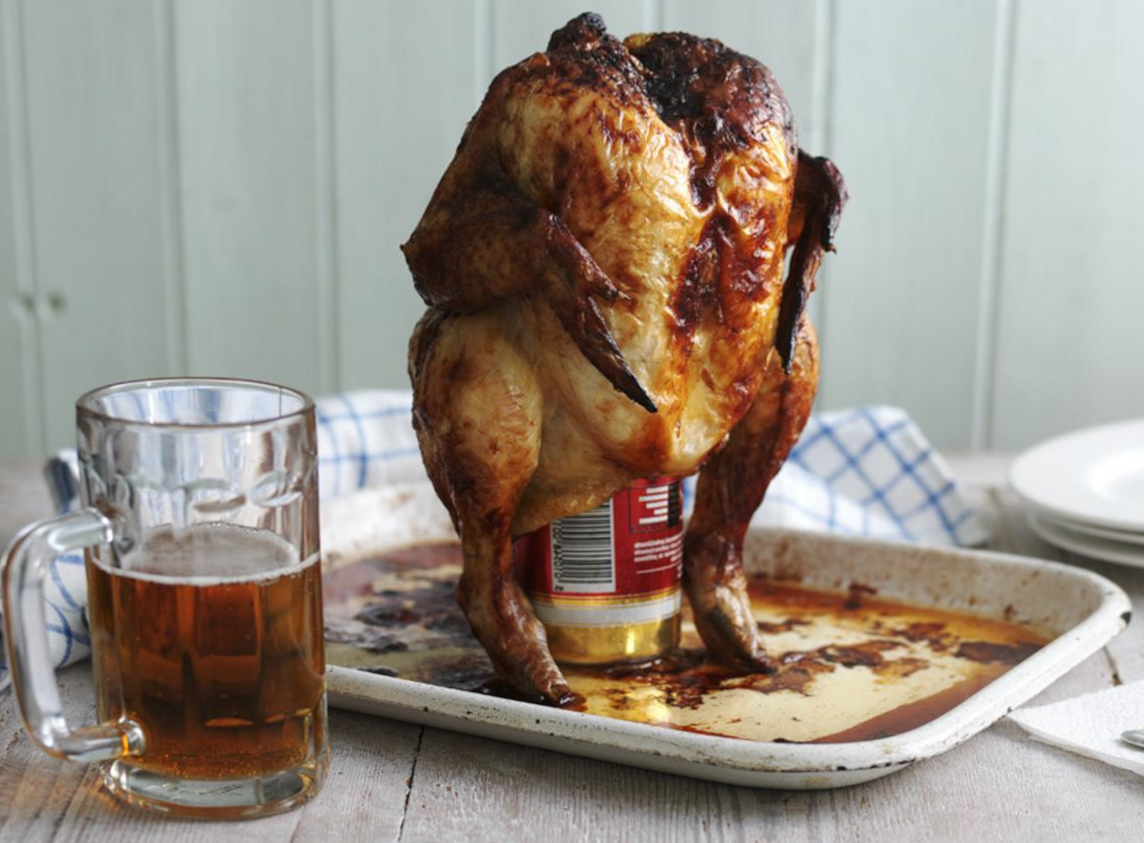
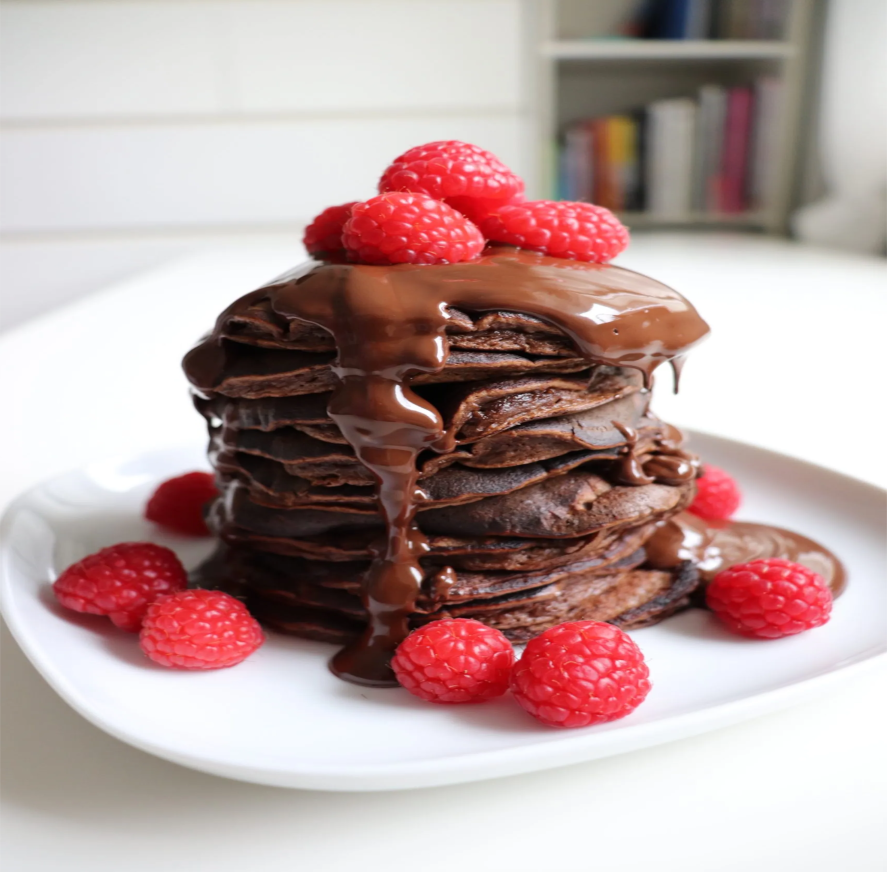
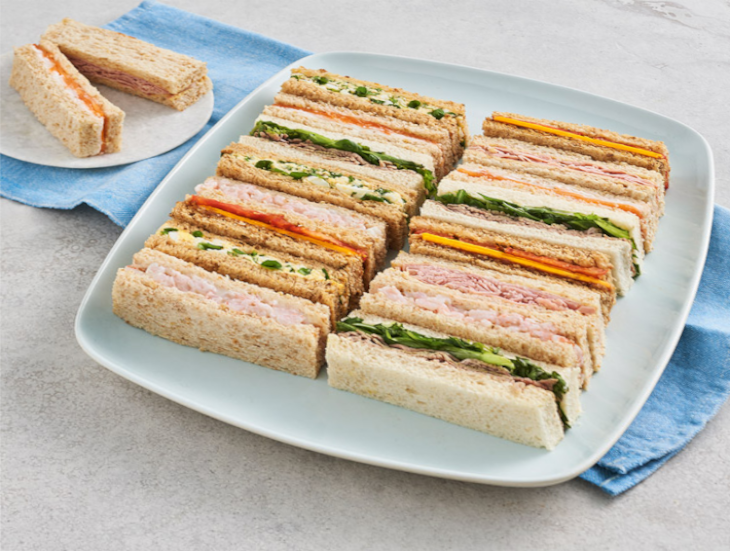



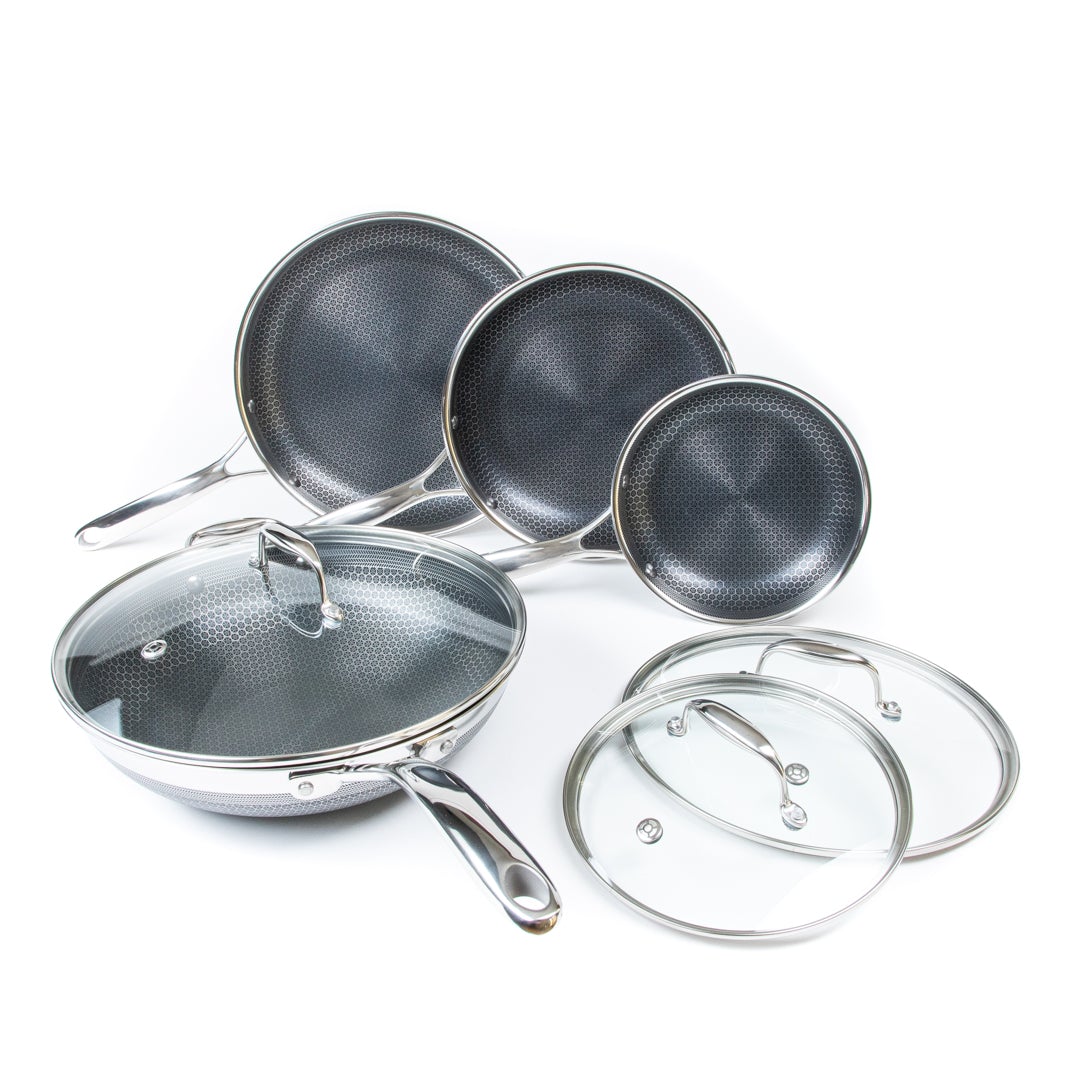
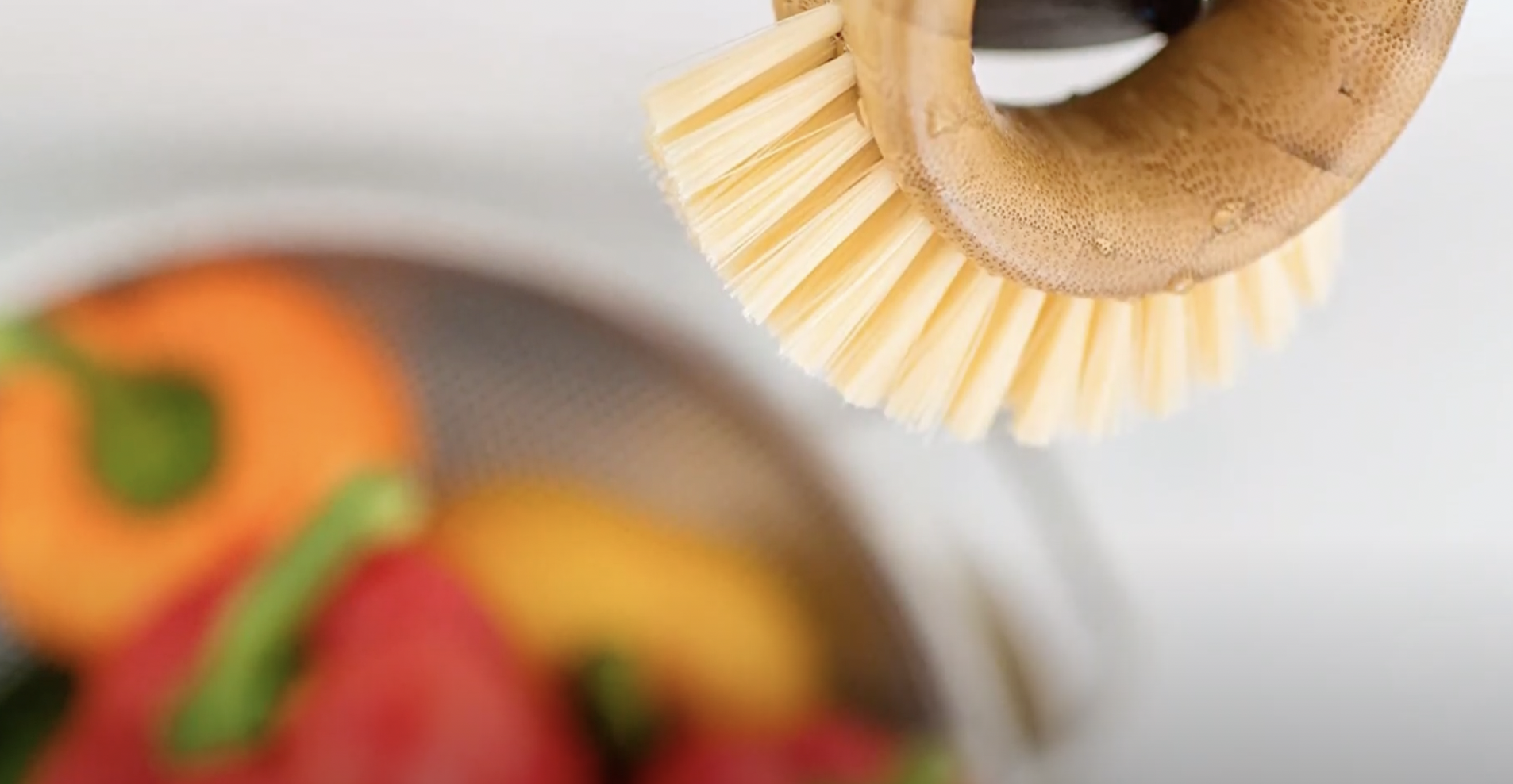
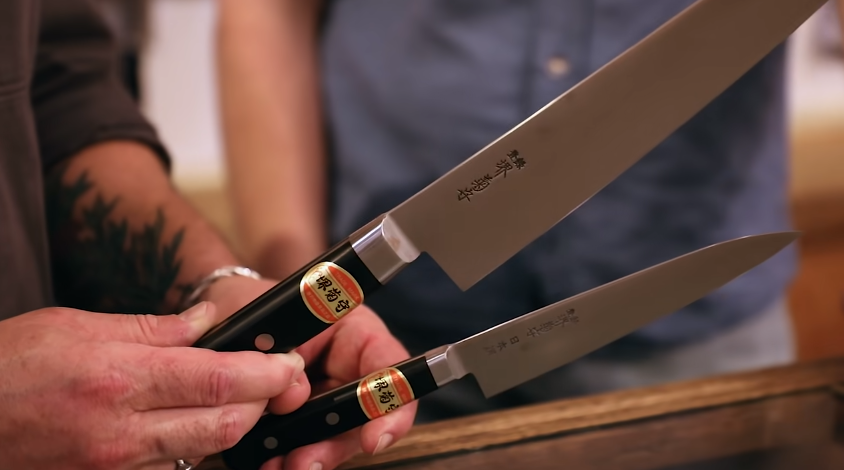
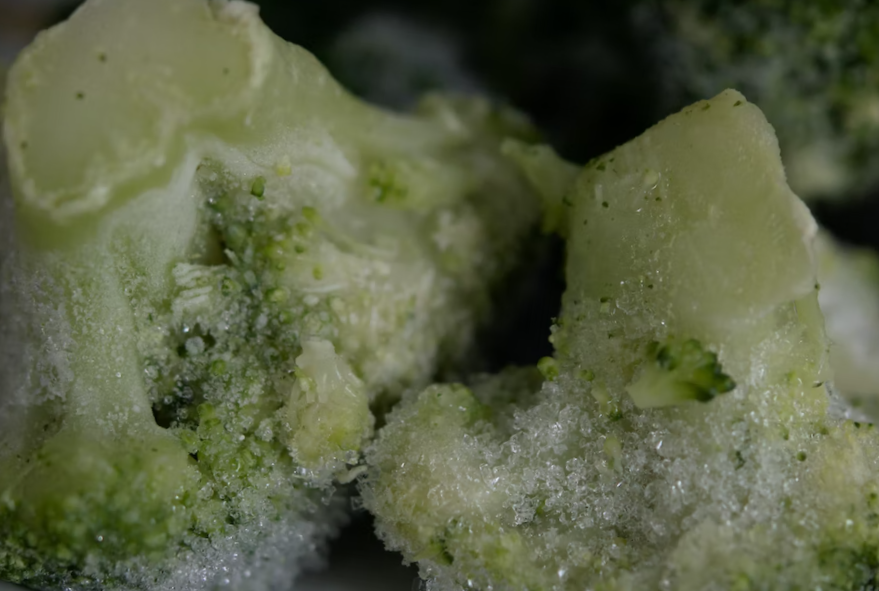
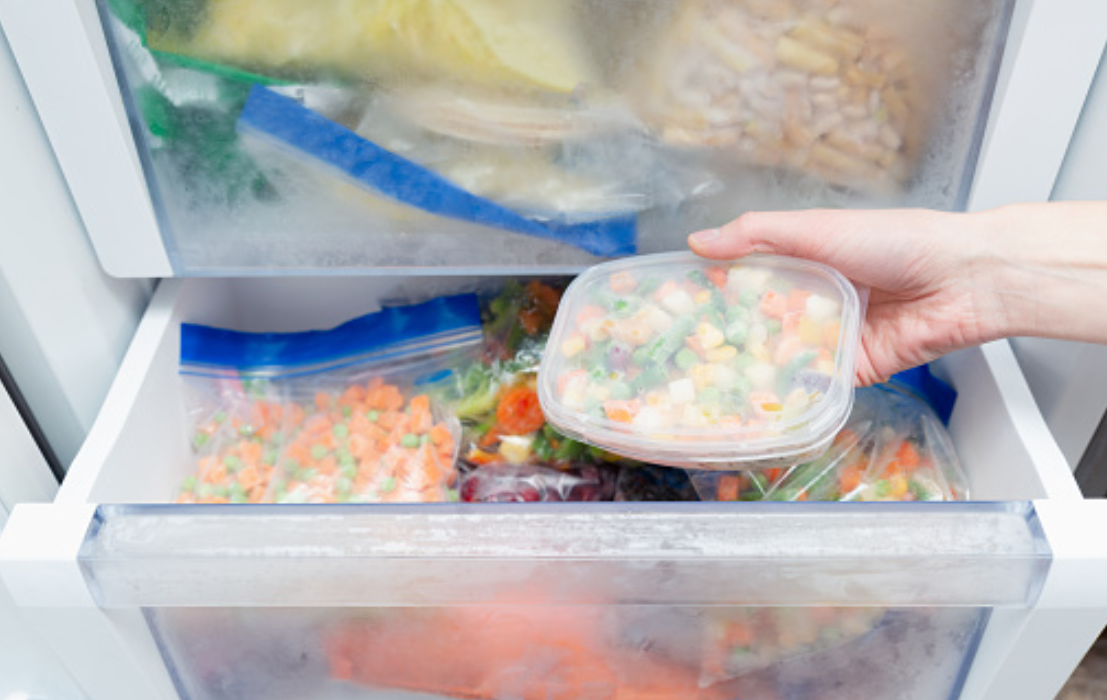
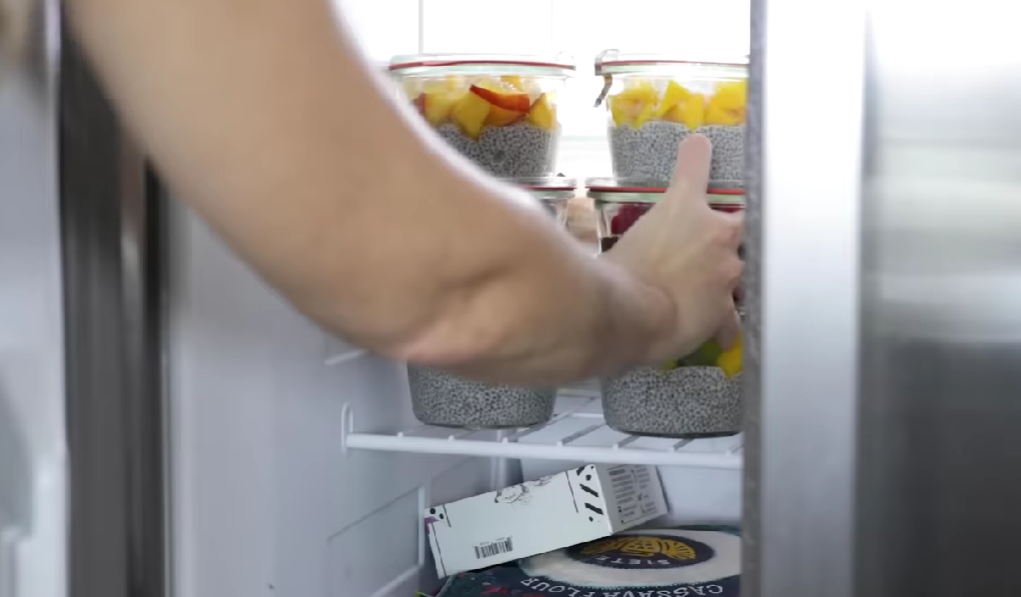
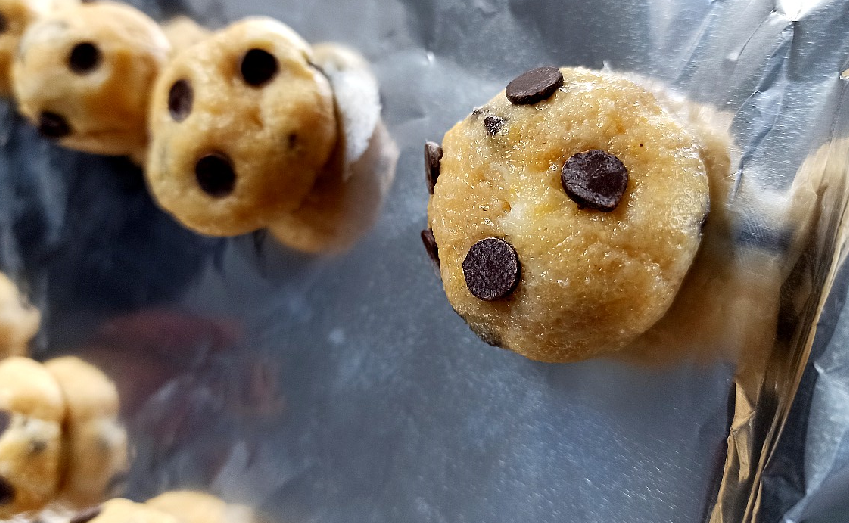
![Can you Cook Eggs in the Microwave? [Complete Guide]](/assets/images/c1f79d1cad59f18f9b5dc31403bd0eb2.png)
